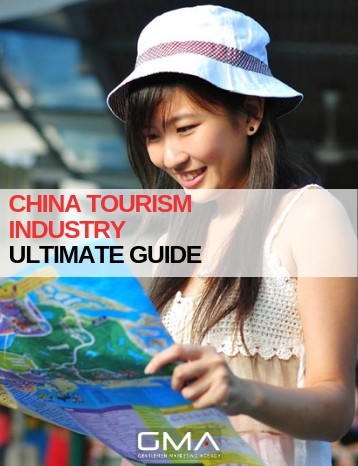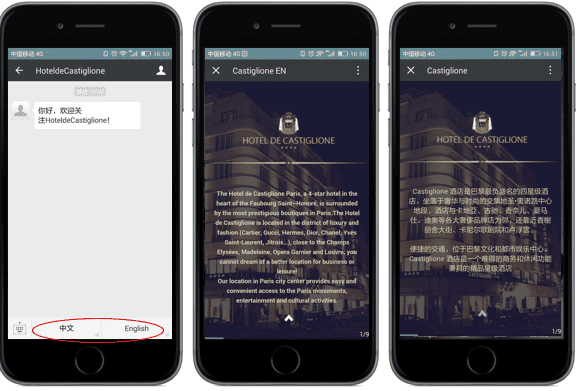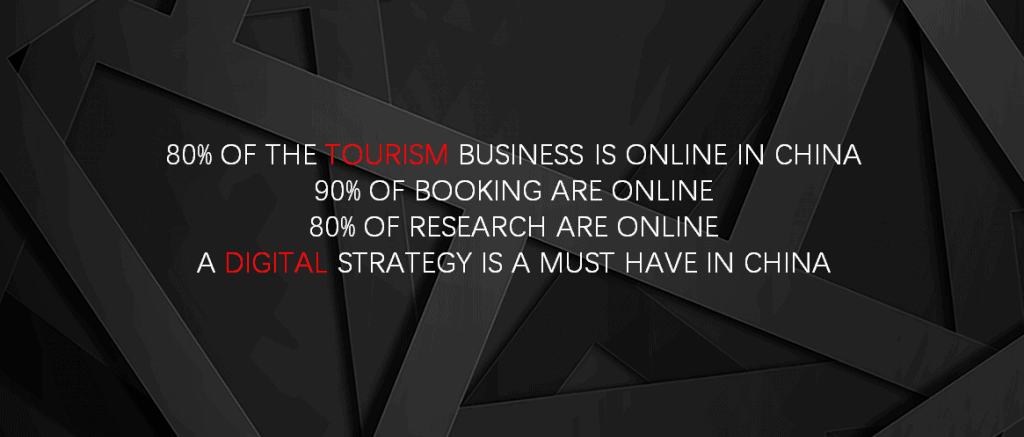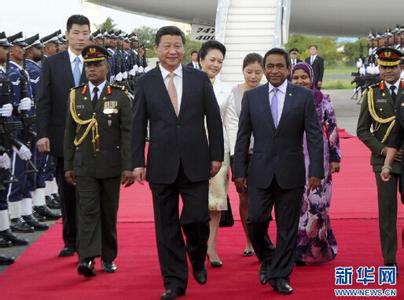Low Budget Marketing ideas for your Business in China
This article is part of our Travel Business Startup Guide. This article will help you plan, start, and grow your travel business! Chinese people love to travel, love has great experiences, you may have considered starting your travel agency. When you launch a travel business, the most important thing to do is to provide a valuable service. As the travel industry is so competitive, having a well-developed brand will help your business stand out. Chinese tourists do more than eat. They buy souvenirs, they buy necessities, they buy experiences.
Build your own understanding of the Chinese travel market
You should have a good understanding of the Chinese market, in order to manage effectively your activities in China. Educate yourself about the market. Hiring a digital marketing agency to help you through your journey in China is a must. It will not only make things easier but also ensure your investments generate revenue for both short and long-term.
Optimize your website for travelers
Your website needs to be effective and powerful, in terms of
- Content. Make sure your content is rich and authentic. All your images should look professional and text clearly was written.
- Message. Your message must be clear.
- Functionality. Do all components of your website work? Is there a clear and direct path to a booking or inquiry?
Remember that the first impression is everything. It should be attractive! Think about using colors that complement each other and add visual components to compliment the written sections.
While there’s nothing wrong with getting out and interacting with people, editing your website can be done easily. Your Chinese customers will find you and hopefully stick around long enough to schedule a booking.
Promote with social media
The next step to get in touch with Chinese tourists: social media. Younger Chinese travelers use social media to get ideas of where to shop, eat, and travel. In China, we use Wechat or Weibo, They search based on locations, and influencers, so tag your business’s account and content accordingly.
If your business is active on social media, you can Business in China tailored to a location that helps draw in new customers nearby. Tourists that have used the “check-in” feature are served ads based on their new location. If you have a Chinese influencer nearby, or you see one is traveling to your city soon, you may also want to invite them for a meal in exchange for them posting about your restaurant.
Social media provides the perfect hub to:
- Create a community of people that ‘like’ your travel agency, provide photos of their experience, and give promotional testimonials.
- Gain vital feedback that you can take on board for improvement.
Create a Wechat official account so you can interact with your Chinese customers. If you want more information, read our guide for tour operators. We detail exactly how you should go about each social network.
Be proactive about reviews
Along with social media, managing your online reputation is key to attracting Chinese tourists. Monitor what your customers are writing about you on travel forums Reviews, Ctrip, Tunar, Quniu. If someone posts a negative review, respond quickly and thoughtfully to help resolve the complaint and implement a proactive strategy to avoid negative reviews in the future.
Different digital strategies work for different businesses, so when Chinese travelers come in, ask them how they found out about your travel agency. Invest money and time into the channel that is currently driving the most customers to your business and test new channels as you see fit.
Know your audience: Be trustworthy
What you should know about your Chinese audience:
- What are their interests?
- Why would they buy your experience? What makes you stand out to those travelers in particular?
- What motivates them? Chinese Travelers will buy based on emotion
Trust is a huge part of any business, especially when you’re offering a product or service. People are more likely to purchase from someone they trust.
- Be friendly. A good vibe should shine through on your website.
- Speak clearly. In most cases, your Chinese customer may be confident speaking the language so it’s important to cater to this.
- Be helpful. Always provide a solution. If people need directions, then provide them. If they need a recommendation, then provide one. Take on board and utilize feedback that is given to you. Your Chinese customers are your moneymakers so engage with them and ask for feedback.
When travelers trust you, they will recommend you to their friends when they get home, further boosting your bookings.
Localize Your Brand Concept
In order to stand out from the competition, your travel agency needs to be appealing to the target audience as well as use the strengths of your service. The localized brand concept combines a Chinese perspective with your travel agency. You may need to localize all your travel agency assets or tailor your brand positioning on the Chinese market.
To do effective travel agency communications in China, your story-telling needs to be localized to the culture and the local media (channels). Try to understand the modern Chinese culture and customer journey more, it’s far more diverse and complicated than just offering hot water.
Your marketing strategy will, as with all aspects of starting a travel business, be largely dependent on your specific niche, and the demographic. We hope that through this article, you can easily start in generating more outbound tourism from China for your travel business.
We have a good understanding of the market, we can help you to manage effectively your activities in China.














With an estimated population of over 1.4 billion people, China is one of the largest consumer pools on the planet. This country is now much more than “the factory of the world”. It is also the state with the most dynamic market. It was already showing growth of 18% in the first quarter of 2021. Not surprisingly, all the companies in the world want to export their products and services to this El Dorado for traders. However, being able to enter and target the Chinese market is far from always clear.